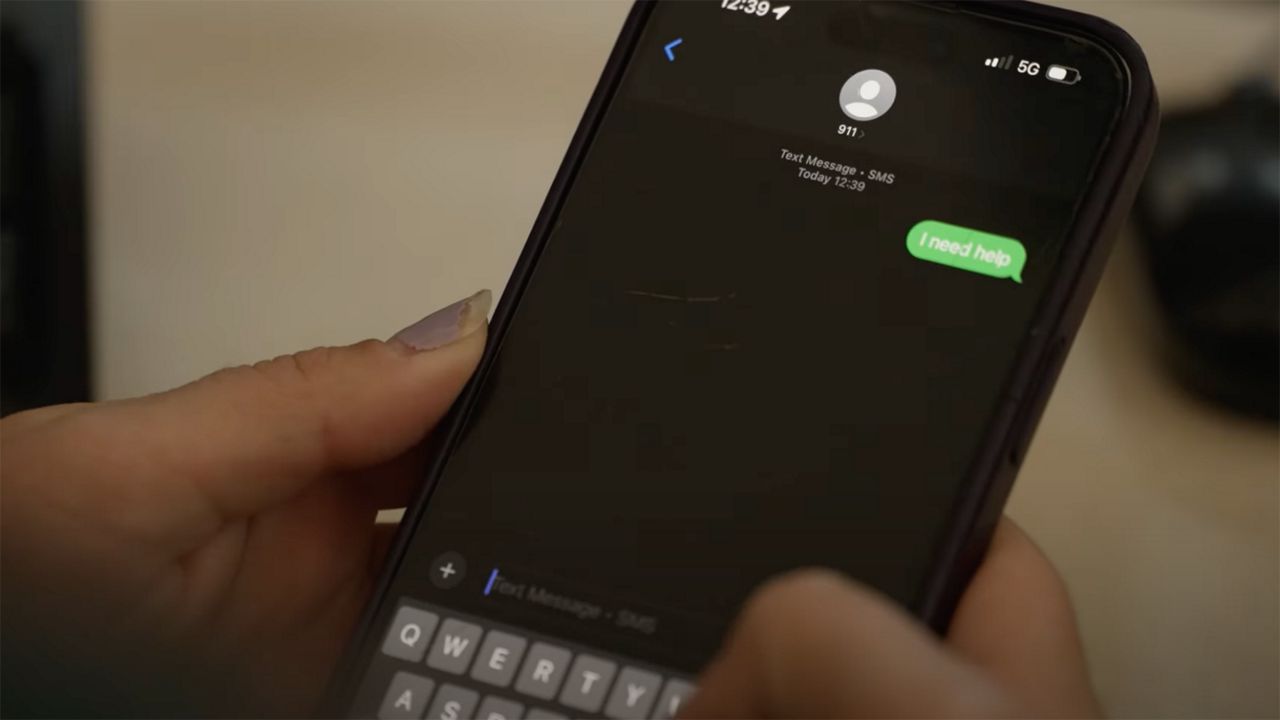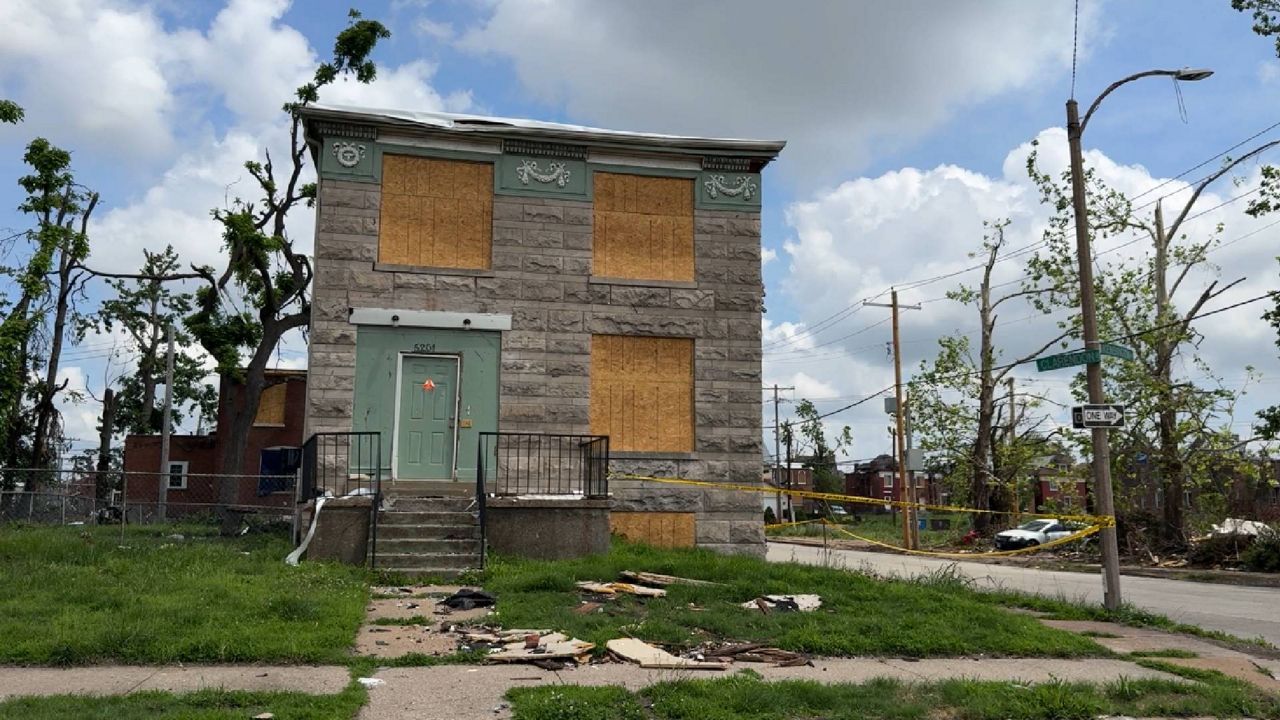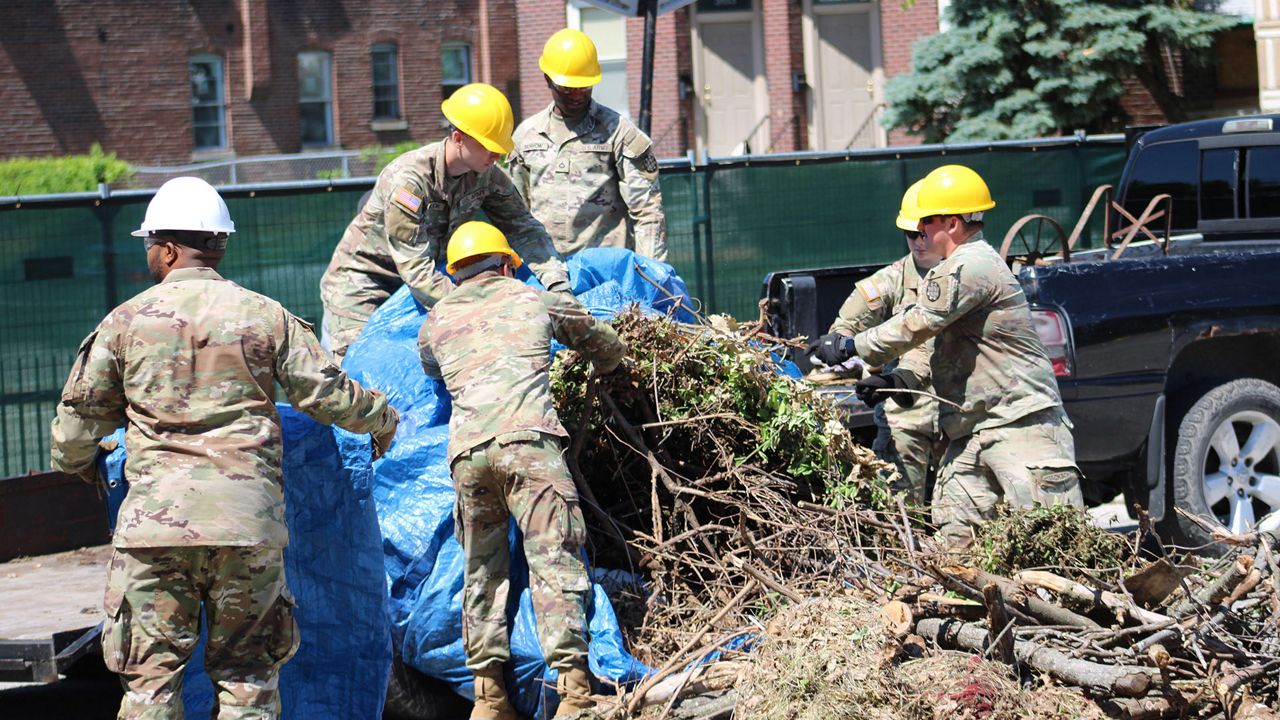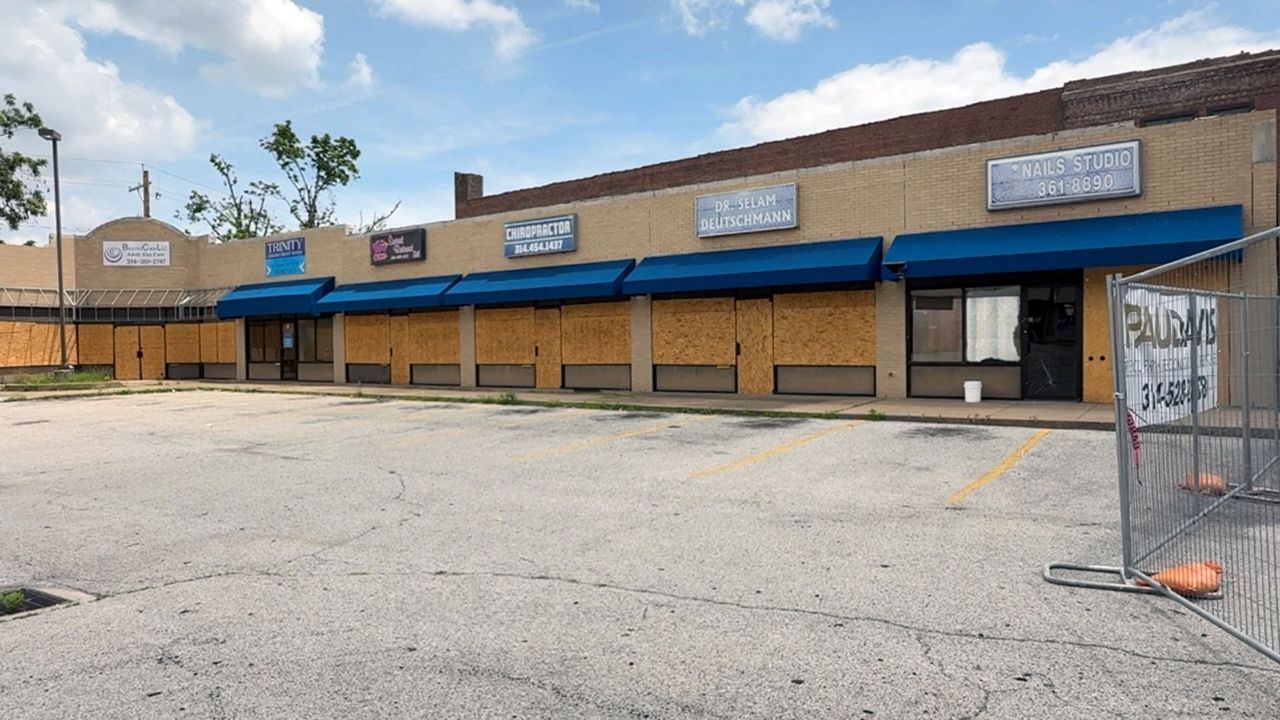ST. LOUIS—Respiratory syncytial virus or RSV is among doctor’s most feared respiratory diseases and local doctors say it’s about to hit its seasonal peak in the St. Louis area.
As a whole, the medical industry says this is a typical year for RSV but that cases are climbing and more children are being hospitalized currently.
Doctors say babies, who are six months and younger, are more at risk. They also say infants born prematurely or with a complication are more at risk as well as immuno-compromised elders.
“A typical RSV infection starts as an upper respiratory tract infection,” said Dr. Heather Joyce, a Mercy pediatric doctor. “So some fever, congestion and cough. Within three to five days, some infants can develop poor feeding, vomiting, and difficulty breathing, and that's when all of the congestion migrates down into the lungs and infants have a really hard time coughing up mucus. When that mucus settles in the lungs, it can cause their oxygen levels to drop and cause difficulty breathing in children.”
Prevention
Aside from strong hygiene practices, Dr. Kate Lichtenberg, family physician and past chair of the Missouri Academy of Family Physicians, says sanitize common spaces to help ward off the virus as it can live on surfaces for a while and hitch a ride with someone else.
SSM Doctor Aaron Miller informed Spectrum News that in 2023, two new breakthroughs in pediatrics were introduced to combat RSV. One is a vaccine for pregnant women that passes along to the fetus to develop antibodies. The other is a monoclonal antibody, an injection recommended by the CDC for all children up to eight months old.
“That decreases the risk of the baby getting RSV,” said Dr. Miller. “So, there are two separate strategies, and only one is recommended at a time. So if a woman gets vaccinated with the RSV vaccine: the baby is protected. So the baby wouldn't need that injection after birth. If the mother didn't get that vaccine when she was pregnant, the baby would be recommended to get the monoclonal antibody injection.”
Dr. Miller calls the two new injections a “game changer.”
When to be concerned
"What you see on the outside is either a very fussy or very sleepy baby. Babies who aren't feeding well, lots of coughing, are not able to stop coughing and have difficulty breathing, which in infants can look like a head bobbing up and down, nose going in and out as they try to breathe, chest going up and down or belly going in and out. Fast breathing or hard breathing can be on top of that,” said Dr. Joyce.
When they’re struggling to breathe, she suggests having them checked out.
Treatment and Recovery
As the disease is viral, there is no magic pill to make it all go away. Treatments are supportive to address symptoms.
“Plenty of fluids and that can be tough, especially for the very young and the very old. So, make sure you're trying to stay well hydrated,” said Dr. Licthenberg. “Tylenol and ibuprofen for older adults. The little ones, especially those under five, make sure you're checking in with their doctor before you give them cold medicines. Tylenol and ibuprofen are probably OK if your doctor has previously said that, but the cold medicines, especially in kids can actually cause more harm than good.”
She said a cool mist humidifier can help with breathing and avoid areas with groups of people such as malls.
Recovery time for RSV is a noisy and uncomfortable few weeks. “It starts as an upper respiratory tract infection,” said Dr. Joyce. “The worst of it is typically three to five days. (From) five to 10 days the cough and congestion starts to get better, but the cough can really last 14 to 21 days, which is, I think the most frustrating for most parents.”
2024-2025 odd twist
What’s different this year compared to many other years, is patients who suffered last year’s walking pneumonia outbreak are sometimes coming back with RSV.
“So many infants right now are in the hospital with RSV, which is such a bummer,” said Dr. Joyce. “We had a mycoplasma pneumonia outbreak here–So many kids who had pneumonia, now were having RSV and it can be scary for parents for sure.” Usually, pneumonia and ear infections would follow RSV, not precede it, the doctor explained.




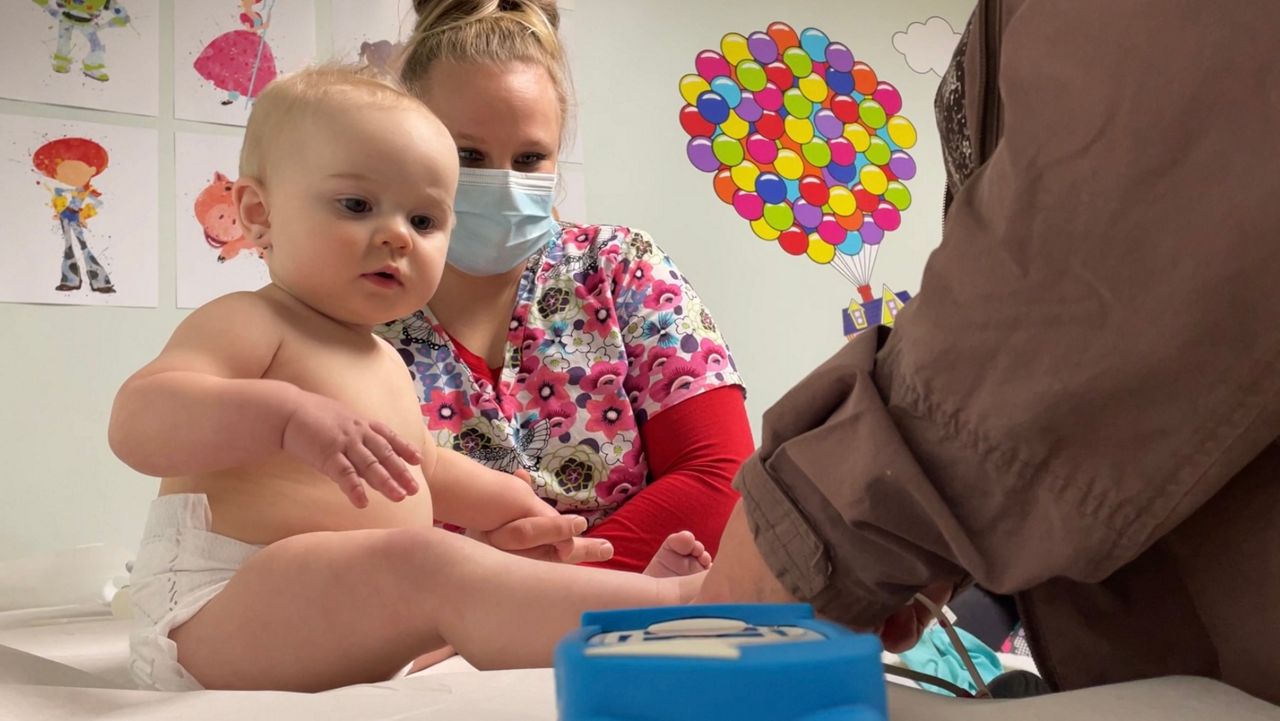
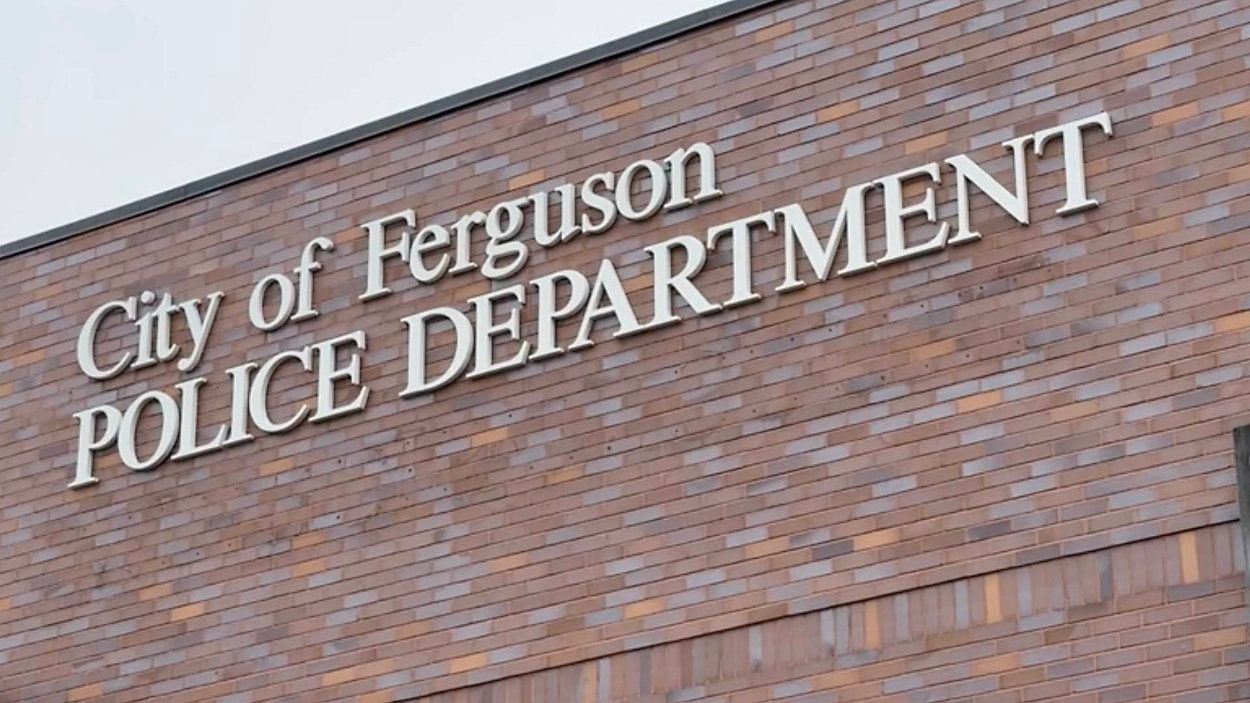
)
